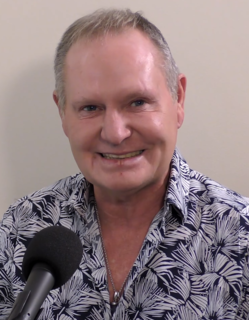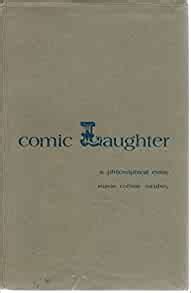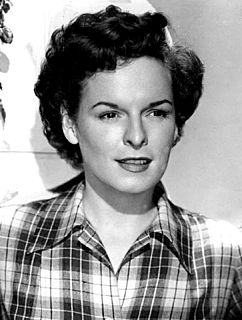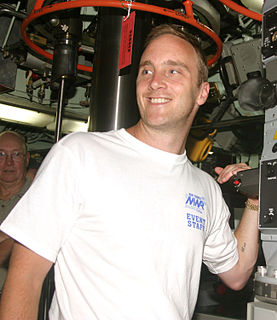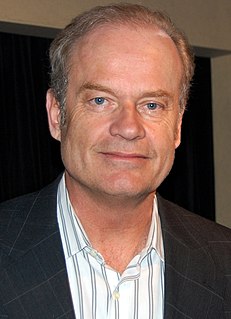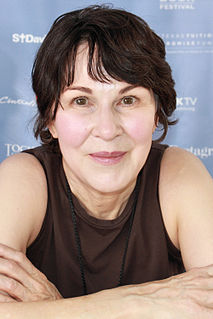A Quote by David Sedaris
Sometimes people say, do you want a drink? And I say, oh, I'd like to, but I'm a tragic alcoholic. I always say tragic. I'm a tragic alcoholic.
Related Quotes
Nobody understands that by the time the addiction has set in the alcoholic is mandated to drink ... he cannot not drink! Nobody wakes up in the morning and says, 'Jiminy Cricket, I feel sensational! My life is really in great shape! I think I'll become an alcoholic!' I firmly believe that when a shaking-to-pieces alcoholic says he needs a drink or he will die, he means it.
Well, the reality of her father was that he was a very diseased alcoholic, who died at the age of 34. And one always has to pause to wonder how much you have to drink to die at 34. And he was a really tragic father. I mean, he was absolutely unreliable. He was absolutely involved with various people. He had outside families, outside children, outside wives. He made his wife's life miserable. And she [Eleanor Roosevelt]ignored all of his faults and retained this sense of him as the perfect father.
Any evaluation which implies rightness or wrongness is a tragic, suicidal expression of an unmet need. Tragic, first because it decreases our likelihood of getting our need met! Even if we think it. And secondly, because it increases the likelihood of violence. That's why I'm suggesting any evaluation which implies rightness or wrongness is a tragic, suicidal expression of an unmet need. Say the need! Learn a need-consciousness.

